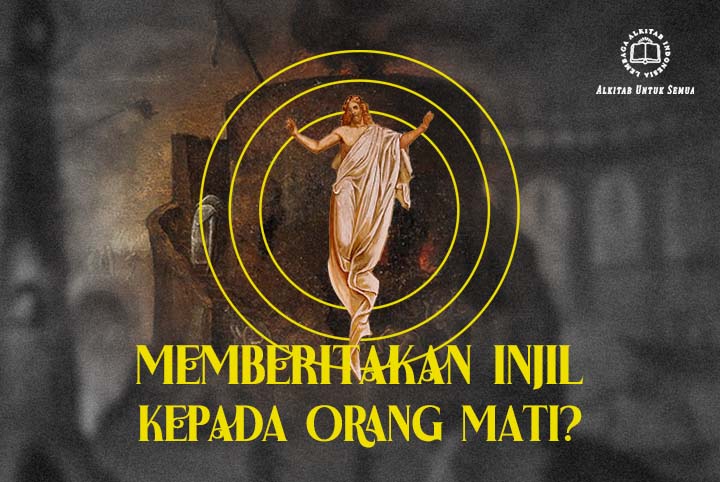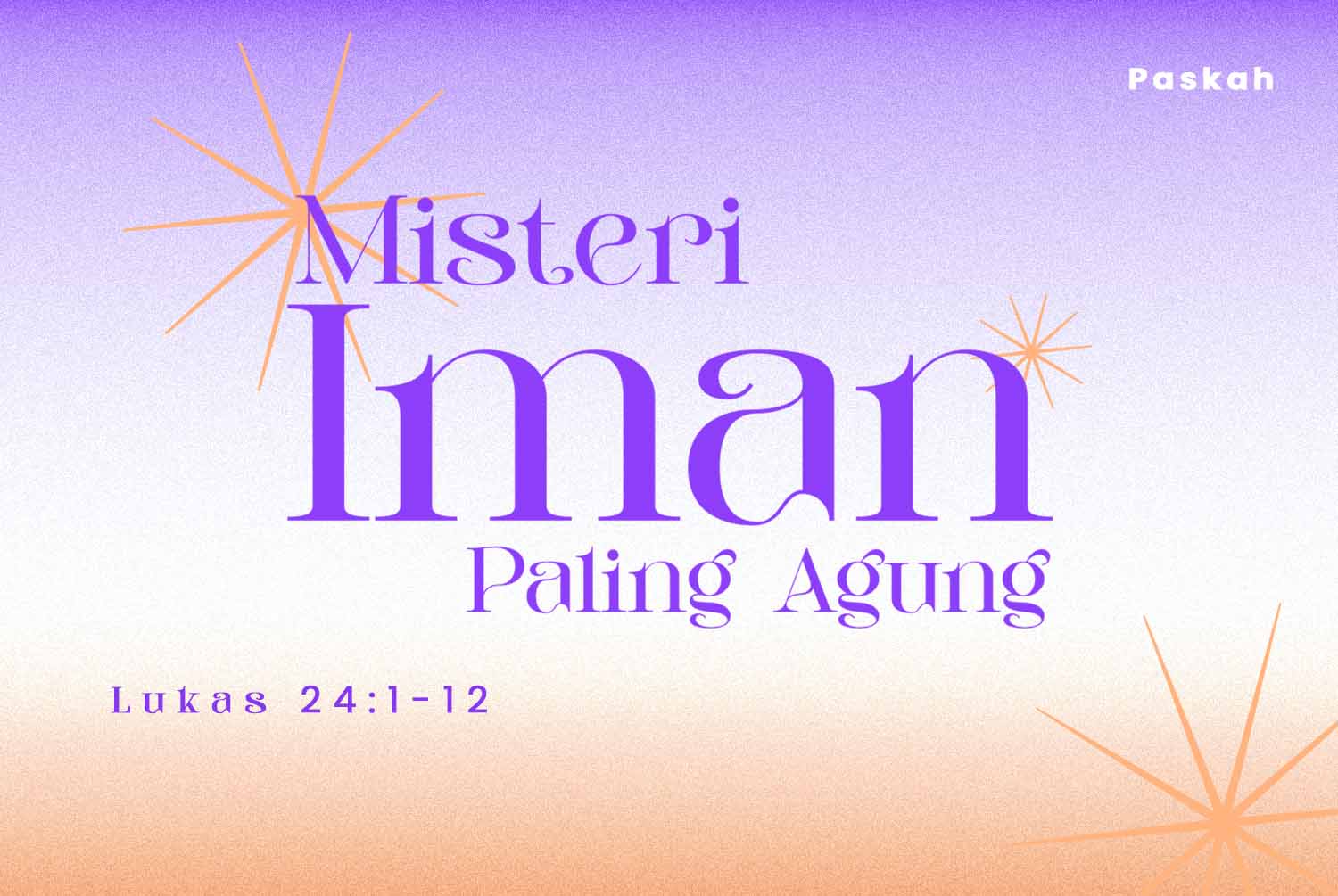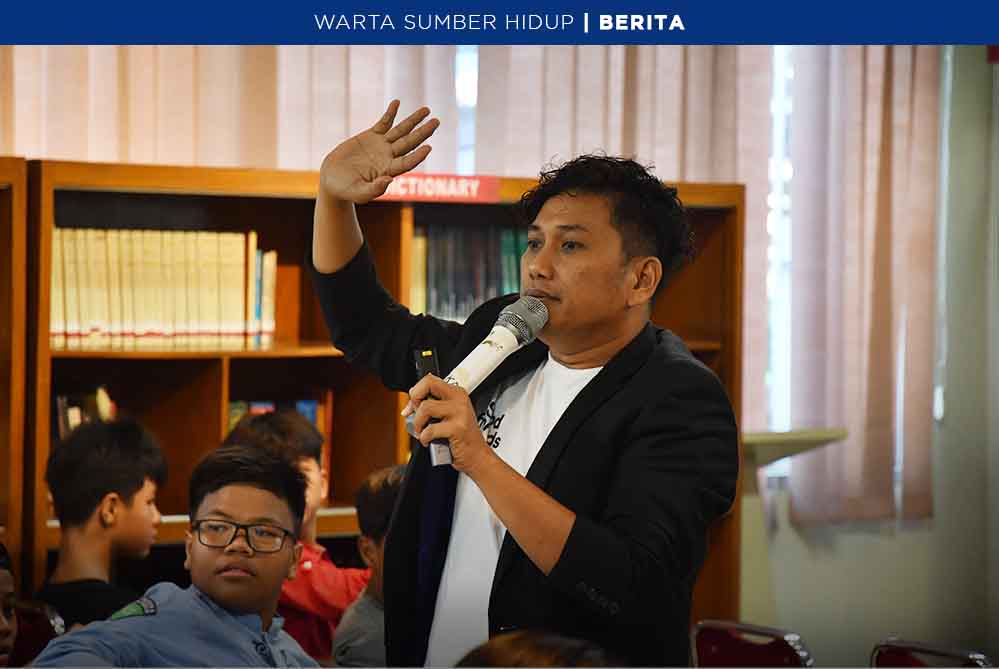Rereading the role of women in biblical texts has opened up space for research advances in biblical scholarship and critical hermeneutical methods. In the book of Genesis, the story of lineage or genealogy is one of the important topics. Female figures like Rebekah in Genesis 22:20 & 24 and Genesis 24 are part of the big story and play an important role in the inheritance of God's promises and social power dynamics in Israel's patriarchal tradition.
Women and Genealogy: More than Just the Wives of Male Figures
In the biblical genealogical tradition, women's names rarely appear. But Genesis 22:20 & 24 explicitly mentions Nahor's descendants, including Rebekah. This mention does not appear by chance, but has theological and narrative significance. In the structure of the text, the introduction of Rebekah before her encounter with Isaac (Genesis 24) gives room for recognition of her position as a legitimate part of the chain of descendants who carry the promise of Abraham.
Thus, women are not present as appendages or supporters of men, but as connectors of covenant history who carry social, spiritual meaning and the collective identity of the Israelites.
Ribka: A Key Figure in the Legacy of Faith
Acts 24 shows a very long process of finding a wife for Isaac that is full of spiritual symbolism. Rebekah is portrayed not only as a “beautiful woman” but also as a person of initiative, responsiveness to divine signs, and an independent decision to leave her family to be part of God's promise.
Rebekah's action in answering the invitation indicates that she has personal authority and deep awareness. She was not just an appendage to the story, but an active participant in the story of salvation, becoming the mother of the generation that would carry on God's promise to Abraham. Thus, Rebekah's faith became a model of active spirituality in the history of God's people.
Genealogy as Identity Politics
Genealogy in the Bible is not only a biological record, but also a means of legitimizing power and status in the community of faith. The mention of women's names in genealogical structures reveals a theological strategy to place them in the scheme of spiritual inheritance and power.
The insertion of Rebekah in the lineage is a form of social and spiritual recognition that women have authority in the continuity of the divine promise.
This genealogical politics also became a means of declaring who was the rightful inheritor of the promise, and thus, who was recognized as the true people of God. Women were not just inserted, but counted structurally and symbolically.
Theology of Women's Bodies and Spaces
The female body in this narrative is not reduced to a mere reproductive function. Rebekah's participation in the story of the inheritance of the promise means that women's bodies become the place where God's work takes place. In the hermeneutics of body theology, the existence of women like Rebekah shows that their bodies are sacred spaces that present the reality of God in human history.
Ribka, as the mother of Esau and Jacob, not only gave birth to biological offspring but also produced a nation, and brought about a change in the historical flow of Israel's faith.
Critique of Patriarchal Readings
Often interpreters downplay the role of women in genealogical narratives, seeing them only as means or appendages in the story of the big men. Therefore, it is important to reread the text by lifting up the voices of marginalized women, and recognizing that the Bible also inserts women with theological significance.
The practice of structural invisibilization of women in theological history must be critiqued and dismantled. Thus, the emphasis on Rebekah's character becomes part of the reconstruction of an inclusive and gender-equal faith narrative.
Contextual Relevance
This topic is very relevant for today's churches and faith communities that want to be places of gender justice. The realization that women have a strategic place in the history of faith challenges us to review ecclesial, cultural, and family structures that are still patriarchal.
By reclaiming the narrative of Rebekah and her genealogical politics, we are called to give women full voice, agency, and leadership in the life of the church and society.
Full video at this link

























